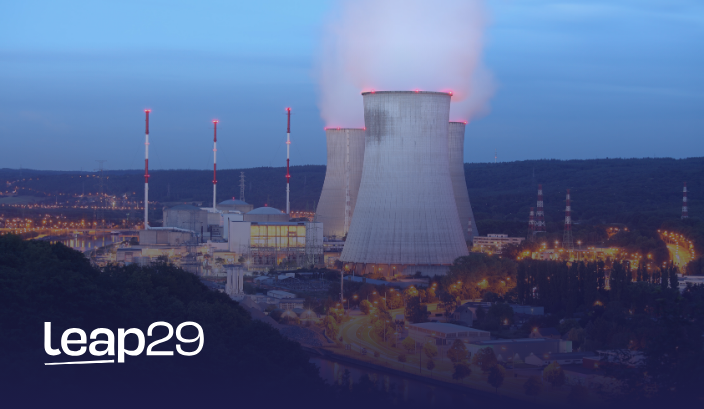Nuclear Power in the USA: A Closer Look
Nuclear power is likely to continue to play a role in the USA’s energy transition mix in the near term, but its long-term future remains uncertain. While some view nuclear power as a low-carbon source of electricity, others raise concerns about safety, waste disposal and the high costs associated with building and operating nuclear power plants – as seen in the UK and elsewhere.
Currently, nuclear power provides approximately 20% of the electricity generated in the US, making it one of the biggest sources of low-carbon energy in the country. However, most of the existing nuclear power plants in the US are nearing decommissioning over the next decade or so. As an outsider looking in, there seems to have been little or no interest in constructing new nuclear power plants in the US. In part, this is likely due to high construction costs and the availability of cheaper alternatives, such as natural gas and renewable energy sources, like wind and solar.
Debate Over Nuclear Power
There is ongoing debate over the role of nuclear power in the US energy transition. Some argue that nuclear power can provide a reliable and low-carbon source of baseload power that is essential for grid stability and look to the UK’s Nuclear power plant construction programme as an example. Others comparatively point to the risks of nuclear accidents, such as the one at Fukushima in Japan.
Conclusion
In summary, while nuclear power is likely to continue to play a role in the US energy mix for the foreseeable future, its long-term future is uncertain, and its role in the country’s energy transition will depend on a range of factors, including technological advances, public opinion and government policies.





